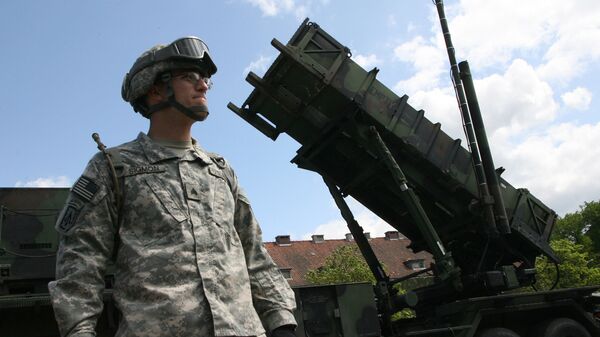Michael O'Hanlon: I think that Poland wants to be a close ally of the United States. Poland realizes that the United States feels that this missile defense system is important because of the potential Iranian threat and therefore Poland is trying to essentially do whatever it can, recognizing that it has now vested its own security into NATO and its alliance with the United States, so I don't know how seriously Poland takes the Iranian threat to its own territory. But under the article 5 of the mutual defense pledge, it has decided that if this is a priority for the United States it should do its utmost to help along in the process.
READ MORE: Contract on US Supplies of Patriot Missile Systems to Poland Signed
Sputnik: In your view what complications can leak out of this contract between the United States and Poland for Warsaw and its neighbors?
Sputnik: And what outcome can this move have on Russia’s relations with the United States?
Michael O'Hanlon: I just don’t believe that this is easily negotiable, we’re looking to try to improve the US-Russia relations, which I strongly support. I think what we have to do is look at the neutral countries in Europe of today, the former Soviet republics, some of the Balkan countries, some of the Nordic countries, and see if we can create a new concept for their future security that does not require them to join NATO, especially for Ukraine, Georgia and other former Soviet republics.
I think Russia has concerns about this that perhaps are not so much about security or threat of attack per se, but they are about psychology and history, and national pride, and honor. Weshould understand that in the United States and we should work hard to address those Russian concerns and create this new security architecture, but I think that Poland is going to stay in NATO, Poland should stay in NATO at this point and the missile defense system is a proven defense policy against the potential Iranian threat in the future, so on this particular issue, apart from transparency, and the United States doing its utmost to show Russia, to explain what's it up to, and limit the scale of what it’s up to. Beyond that, I don’t think there’s any easy way to negotiate, because the US position is reasonable and should be sustained.
The views and opinions expressed by Michael O'Hanlon are those of the speaker and do not necessarily reflect Sputnik's position.




